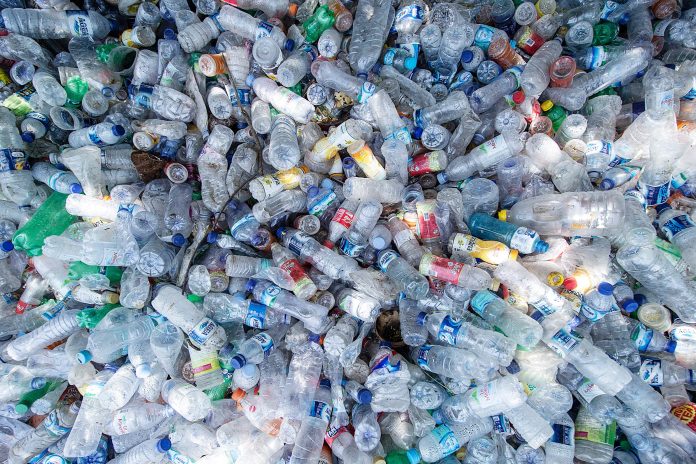Civil Society Organisations (CSOs) have called on the Federal Government of Nigeria to implement the global plastic treaty by adopting comprehensive zero-waste plans to address all forms of waste recycling at the source of generation in the country.
In a joint statement signed by the representative of the Centre for Earth Works, Benson Dotun-Fasanya, the CSOs stated that improper disposal and inadequate waste management infrastructure will lead to the accumulation of plastic in streets, water bodies, and landfills.
“The global plastics treaty is an instrument that presents us the opportunity to reduce plastic production, eradicate toxic substances, and scale up zero waste solutions”
“We recognize that waste management practices alone cannot address the full lifecycle impacts of plastic and that recycling is most useful where it displaces virgin plastic production, rather than falsifying products formerly made from natural materials,” Dotun-Fasanya stated.
The statement also read in part: “As we work toward achieving this goal, also note that breaking free from plastics will mark out the country for environmental advancement and promote the health of citizens in line with the United Nations Sustainable Development Goals”.
The coalition including Global Alliance for Incinerators Alternative, Centre for Earth Works, Community Development Advocacy Foundation, and GreeKnowledge Foundation, noted that the treaty would promote a healthy environment.
They advocated the strengthening of existing legislation on single-use plastic and other problematic synthetics, and made efforts to ban their usage and establish mechanisms for plastic withdrawal by industries and in households.
They aligned themselves with the ambitious positions of Global Alliance for Incineration Alternatives and others to reduce the trade, production and use of plastics, so as to limit the presence of toxic chemicals in them.
According to the coalition, reducing plastic usage in Nigeria will guarantee true commitment from the government to the implementation of its Nationally Determined Contribution (NDC) and reduce extractive activities that create environmental pollution.
Do you want to share your impact stories or pitch the coverage of your CSR event to us? E-mail: editor@impactwatch.net or *Phone +234-806-795-0250 (Whatsapp &Text)





